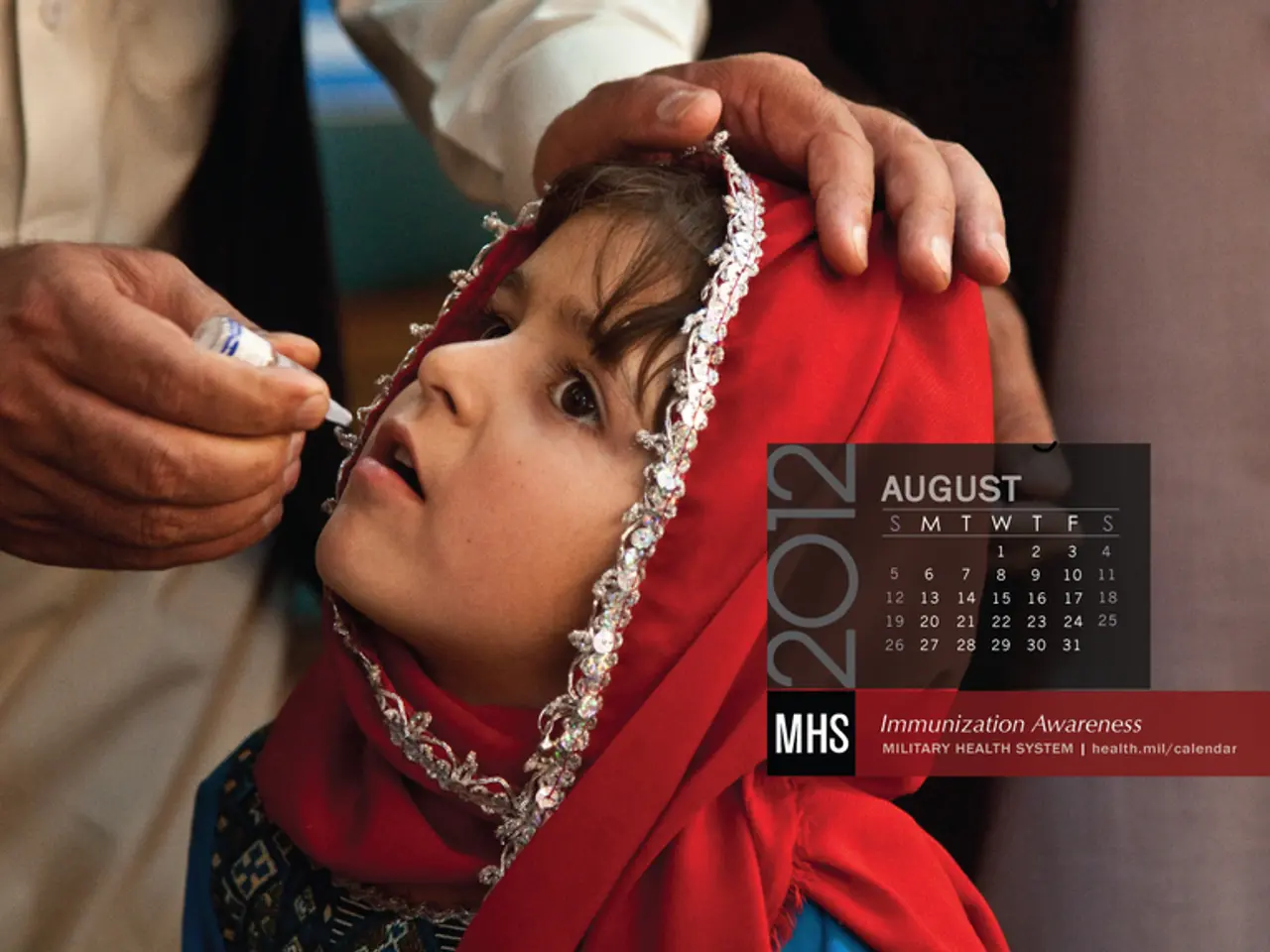Germany's Vaccine Misinformation and Hesitancy Persist Despite High Rates
Vaccine misinformation and hesitancy persist in Germany, despite a secure vaccine supply and generally high vaccination rates. This coexistence of facts and fiction presents challenges to public health efforts.
Brazen lies about vaccine dangers or uselessness coexist with understandable unease among people. Meanwhile, Germany's vaccine supply is assured, unlike in many Global South countries facing more severe health issues. Despite individual cases of measles and diphtheria, or warnings about distant tropical diseases, Germany's vaccination rates remain generally good.
The pharmaceutical industry's focus on excessive profits and bypassing poor countries undermines trust in vaccines. Aggressive vaccine opposition, skepticism, fatigue, and lack of knowledge further weaken vaccination readiness in communities. Misinformation amplifies these challenges, especially with the rise of social media and far-right forces. Complaints about vaccination programs are justified but occur at a high level. Top-down campaigns may not effectively reach those lacking information and access to vaccines. Politicization and commercialization also negatively impact public health efforts regarding vaccines.
Addressing vaccine misinformation and hesitancy in Germany requires a multi-faceted approach. Ensuring transparency, improving communication strategies, and tackling the root causes of vaccine skepticism are crucial. By doing so, Germany can strengthen vaccination readiness and protect public health.
Read also:
- Is it advisable to utilize your personal health insurance in a publicly-funded medical facility?
- Dietary strategies for IBS elimination: Aims and execution methods
- Benefits, suitable dosage, and safety considerations for utilizing pumpkin seed oil in treating an overactive bladder
- Harmful Medical Remedies: A Misguided Approach to Healing






